Fine arts and Performance art exhibition, at ARTES
Comissinoned by Luisa Mota, curated by Luisa Mota, José Maia e José Oliveira. Sound Manipulated by Pedro Centeno. © André Henriques
Manifesto do QI, results from the manipulation of matter and not matter and these two polarities intrinsic to the primordial energy of Qi (Chinese culture and quantum energy that sustains and manifests through matter) explores from the gesture of Libation ritual, the elements – air, water and cement. The archetypal actions, the pouring of water and cement. The archetypal actions, the pouring of water and the “breath of life”, are enhanced by amplification of sounds produced from them and digitally manipulated by layers (time / history = memory). It is the micro visible through sound.
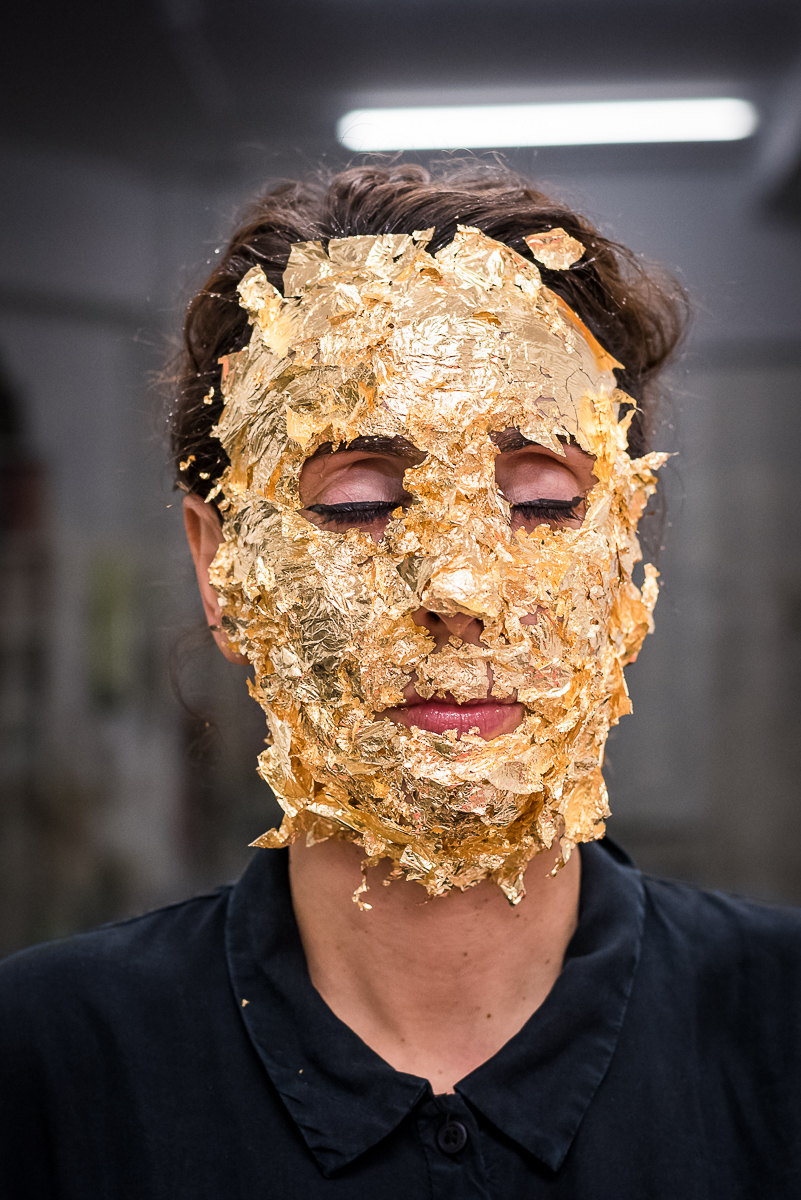
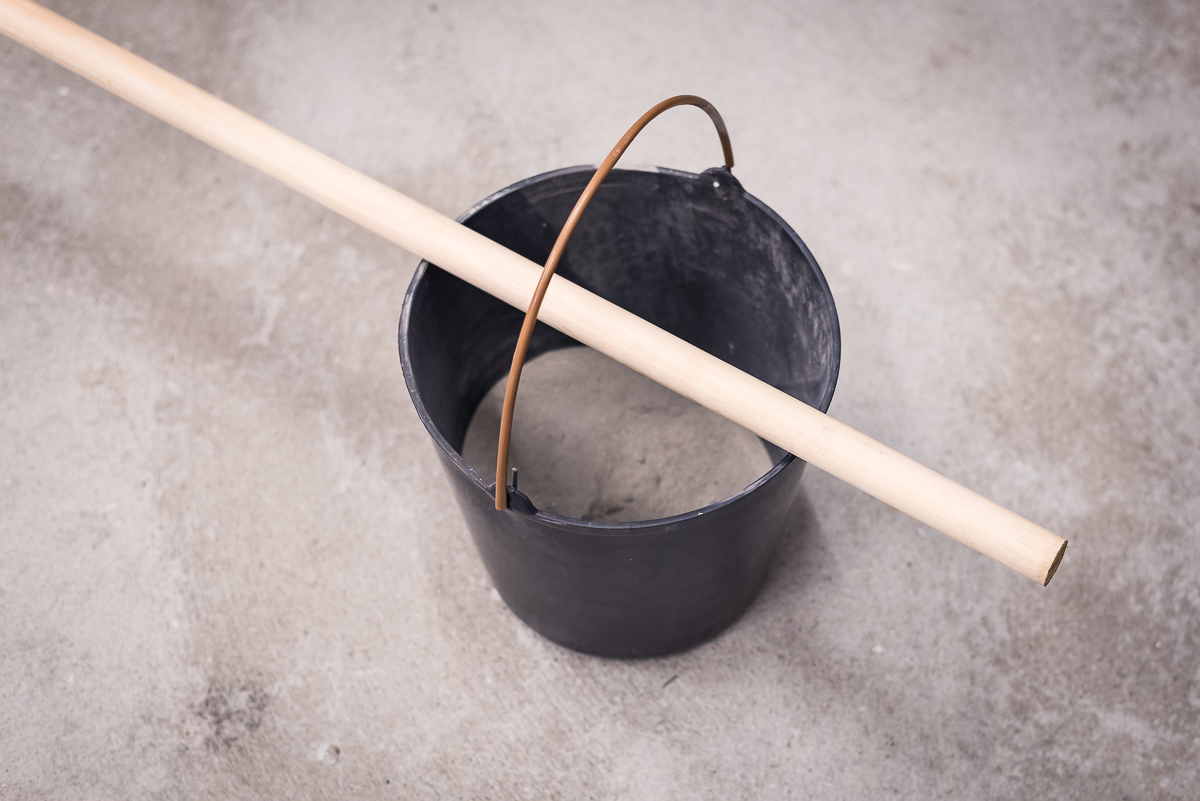
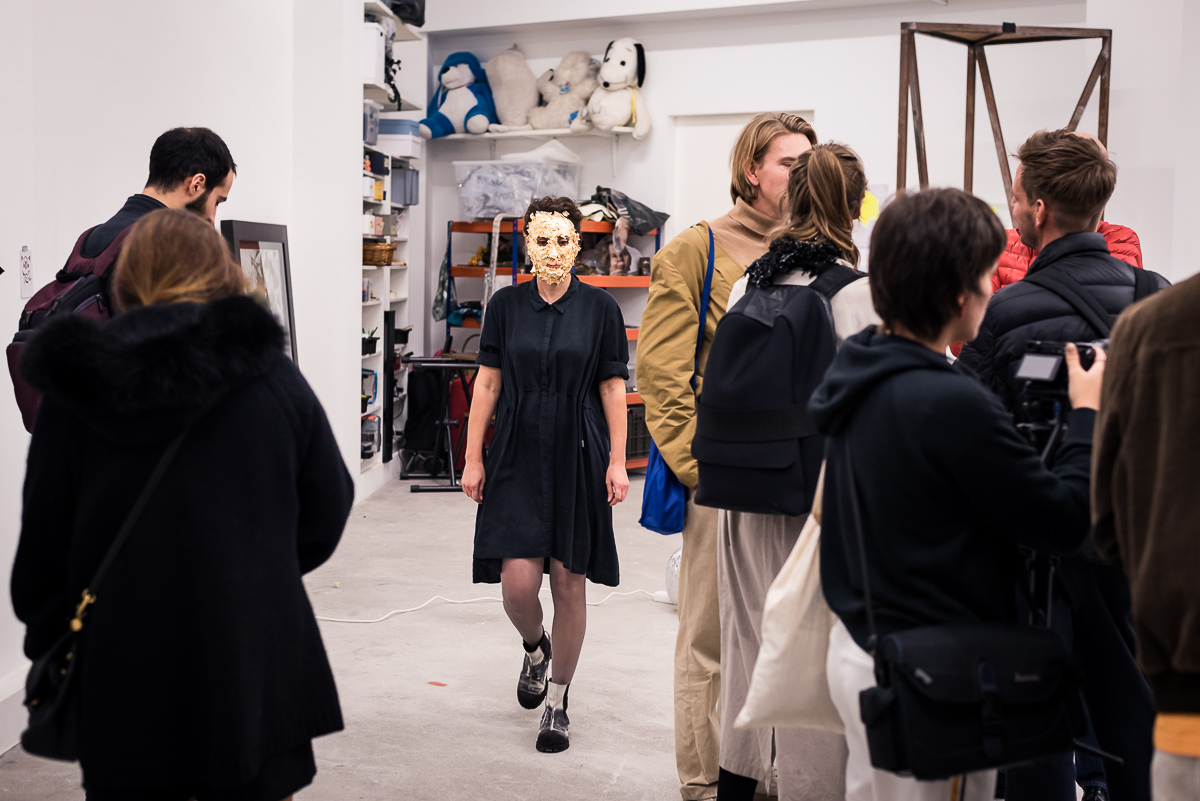
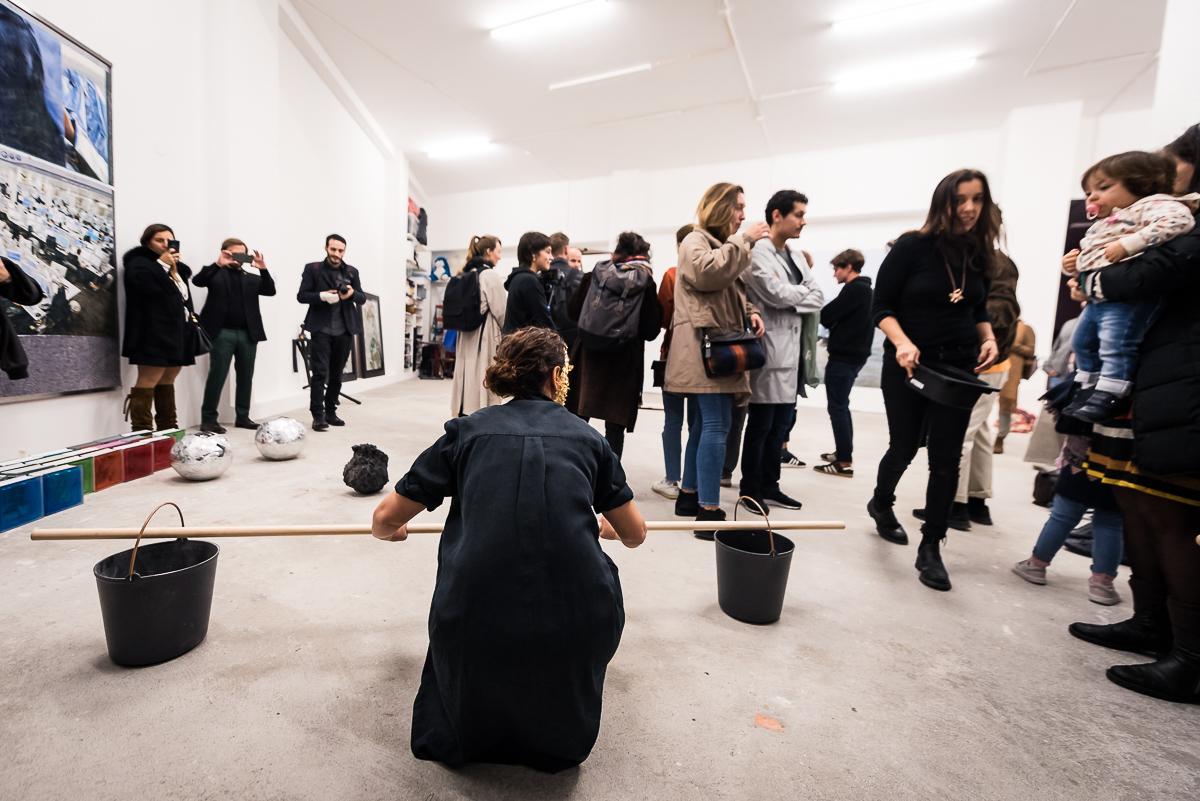
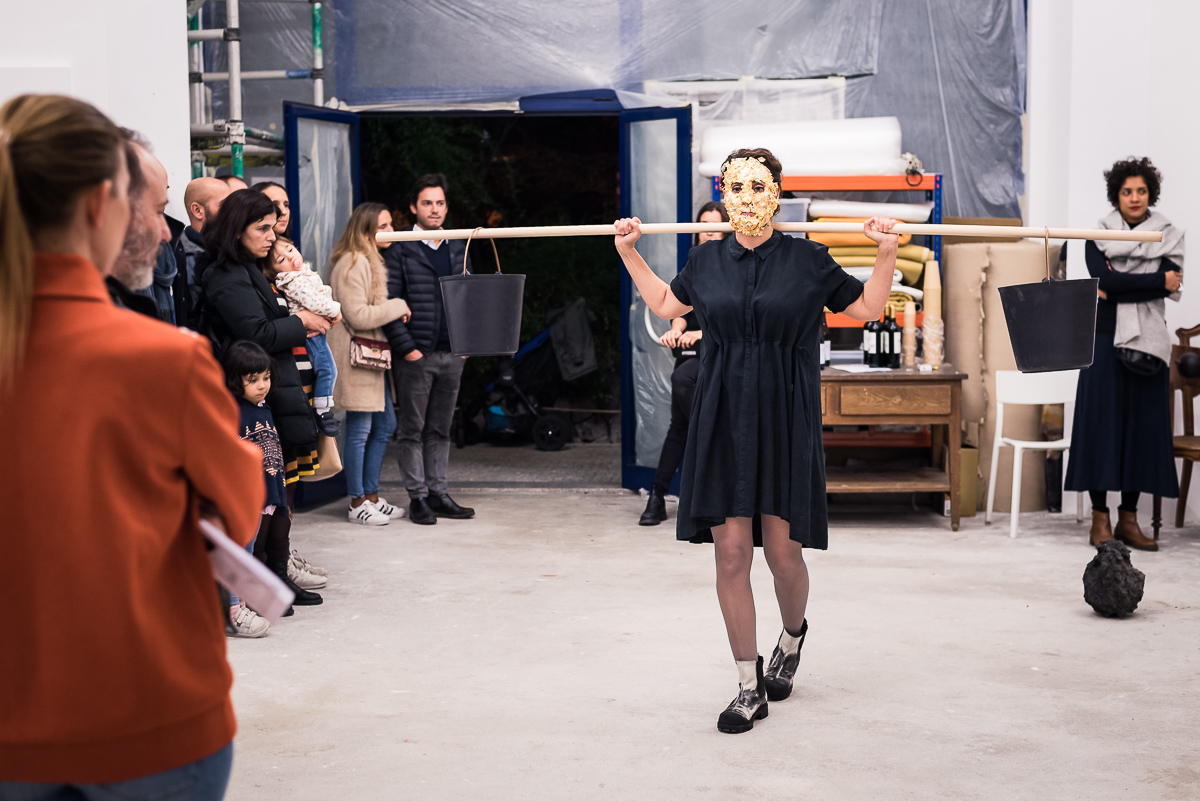
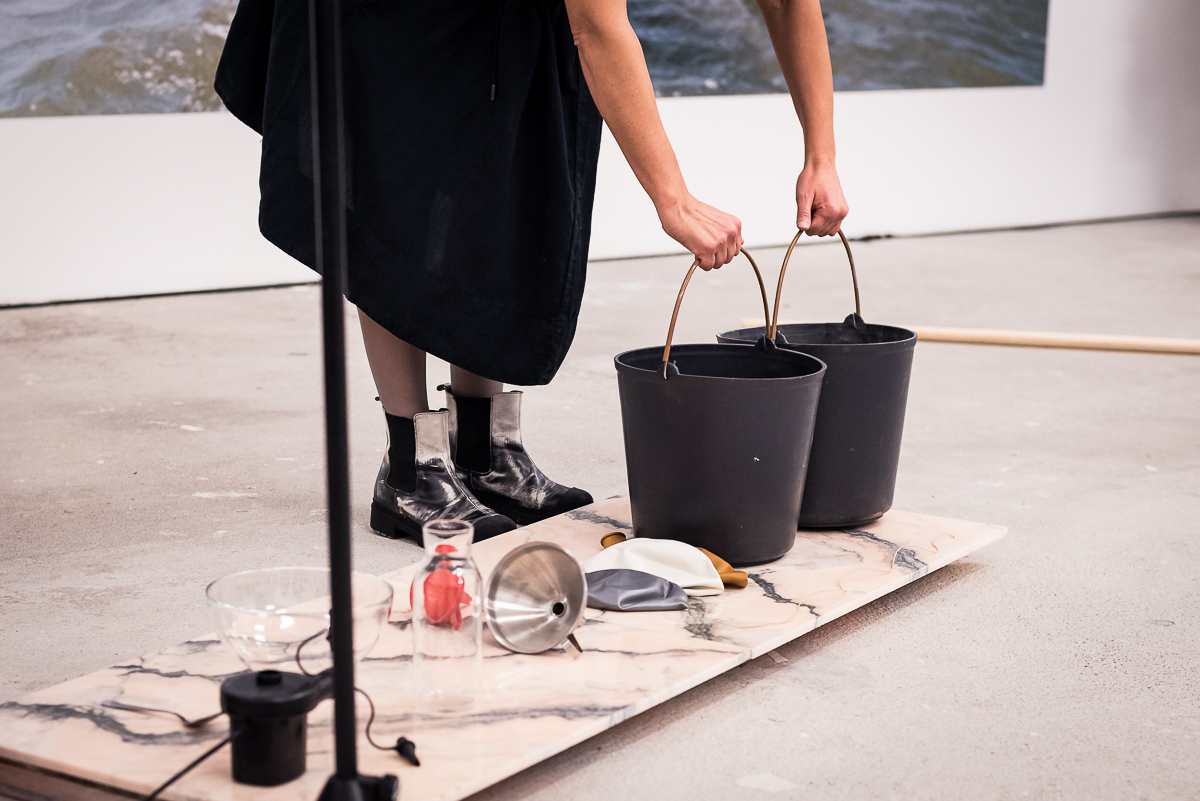
The use of buckets for everyday use, although they are associated with
so-called minor activities (such as domestic, building, agriculture) as a
negative aspect, are therefore necessary for the survival of both the human and
also contribute to the maintenance of physical well-being and the balance of
being. The bucket is in performance an element that recalls the importance of
ritual, whose purpose is to establish the harmony of the community and the
awareness that life goes hand in hand with death.
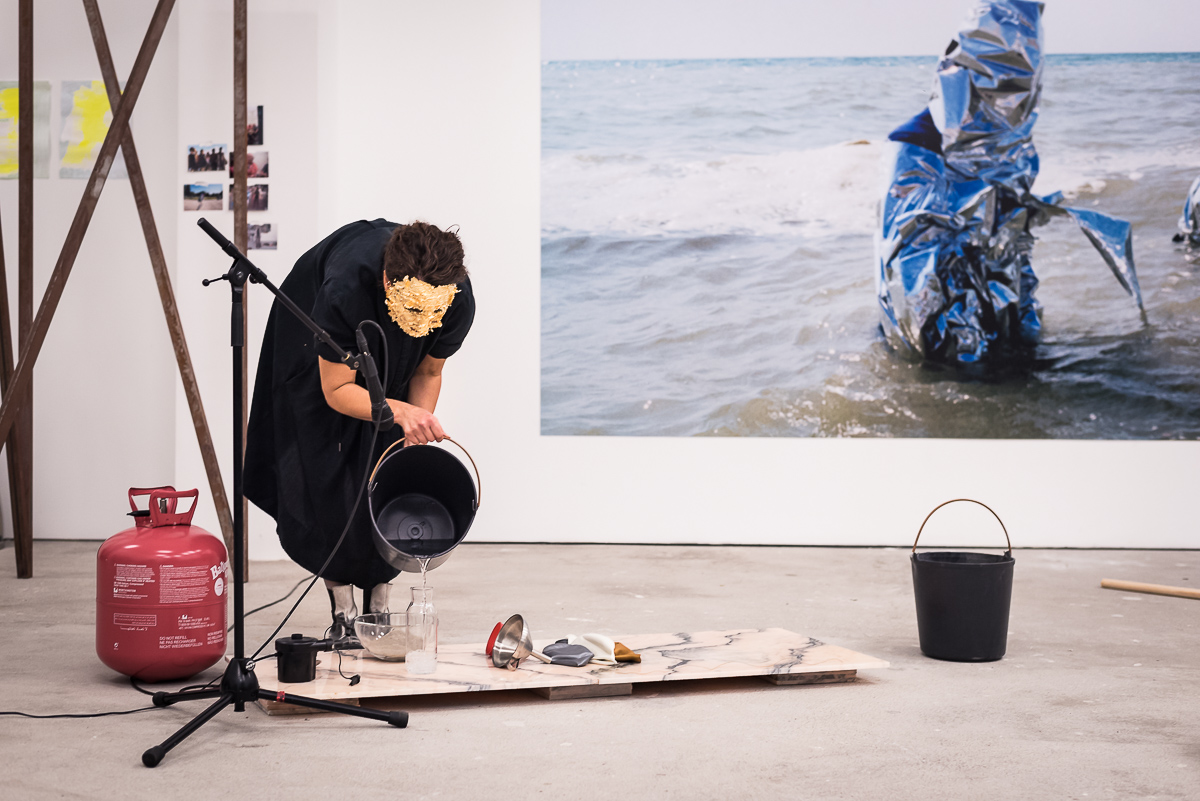
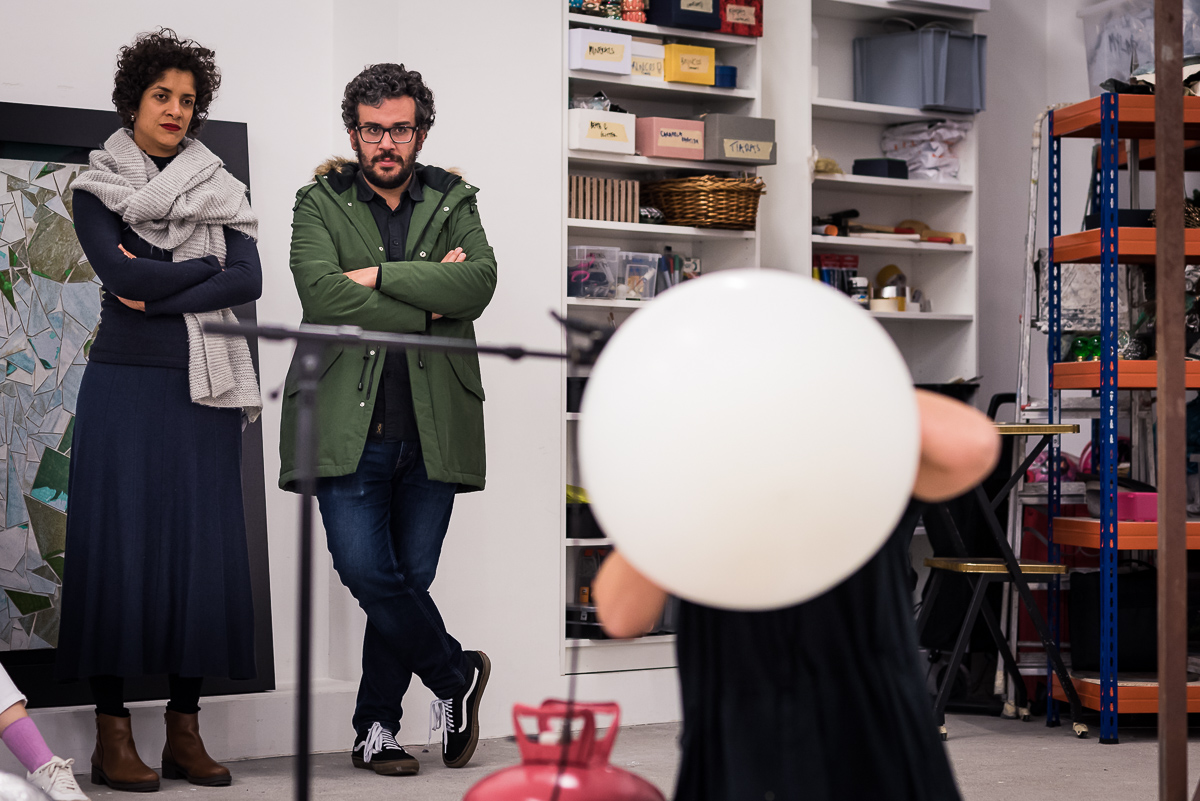
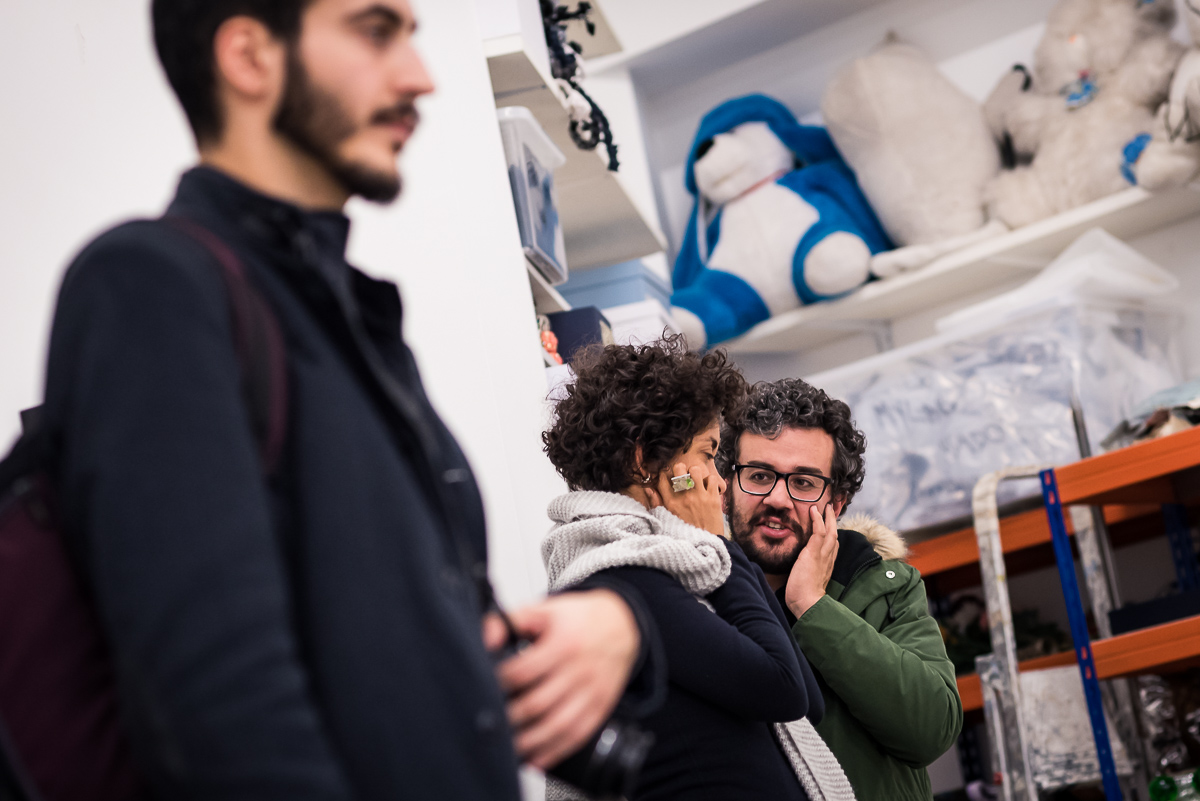
Performance actions are drawn from the dual core – such as emptying the
buckets and filling the balloons, as meditative actions, which serve to realize
the final sculptural form: one balloon suspended by the other, in a
metaphorical approach to the hourglass. Which element of using cement in one of
the balloons is the right balance and measure, so that gravity doesn’t its job.
This element refers to an urban concept of a hyper populated time, as well as
of the ecological necessity of the construction of a new time, where aesthetic
and ethical experiences become indispensable.
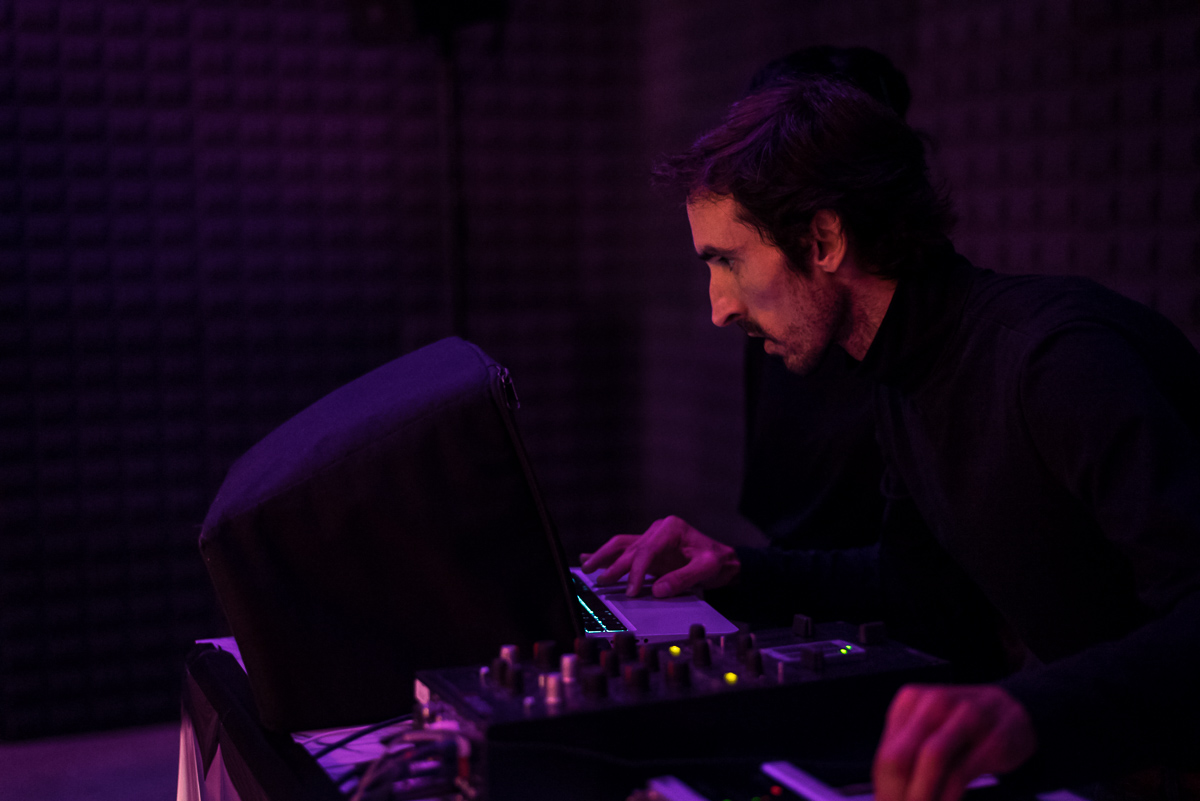
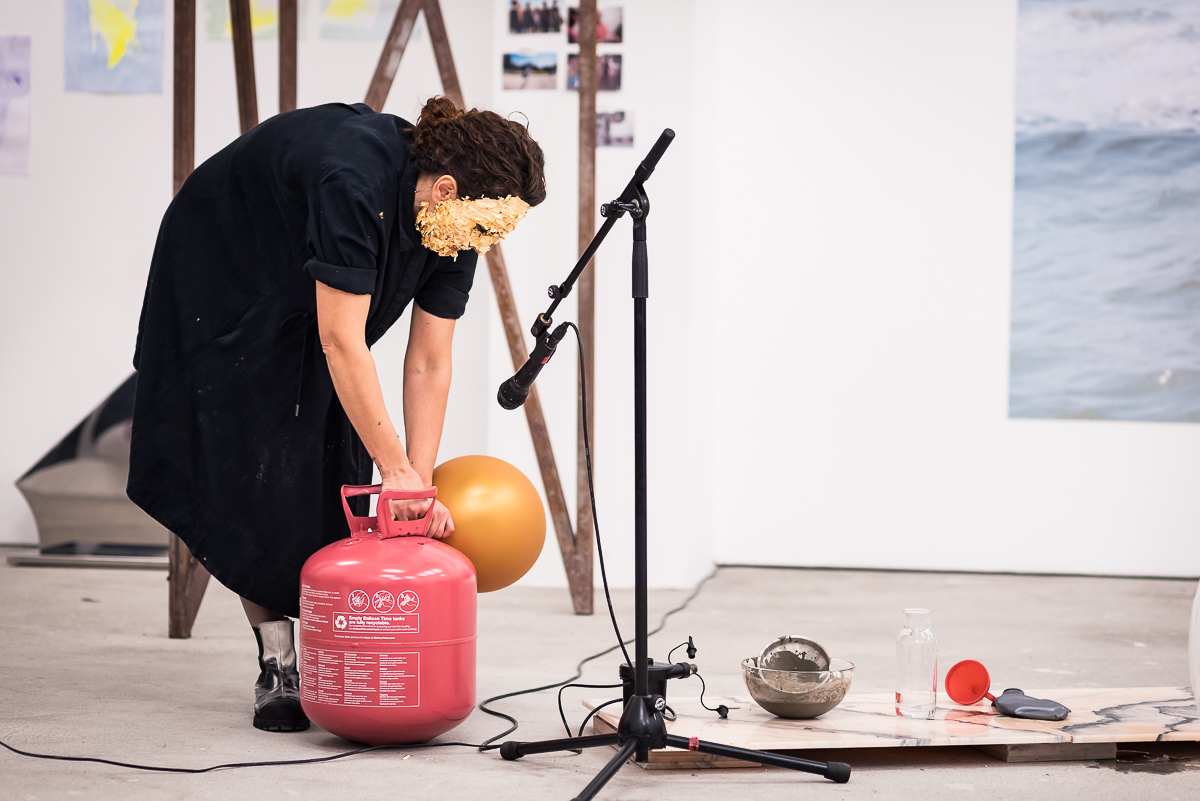

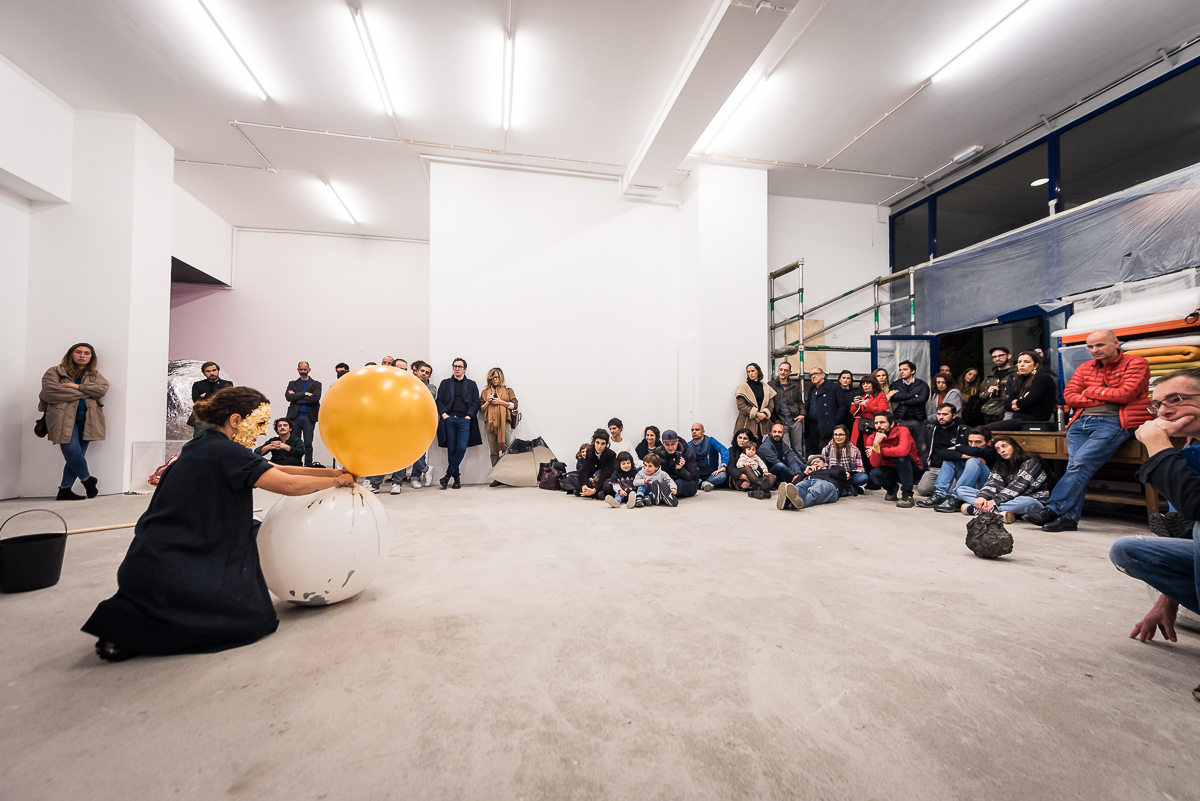
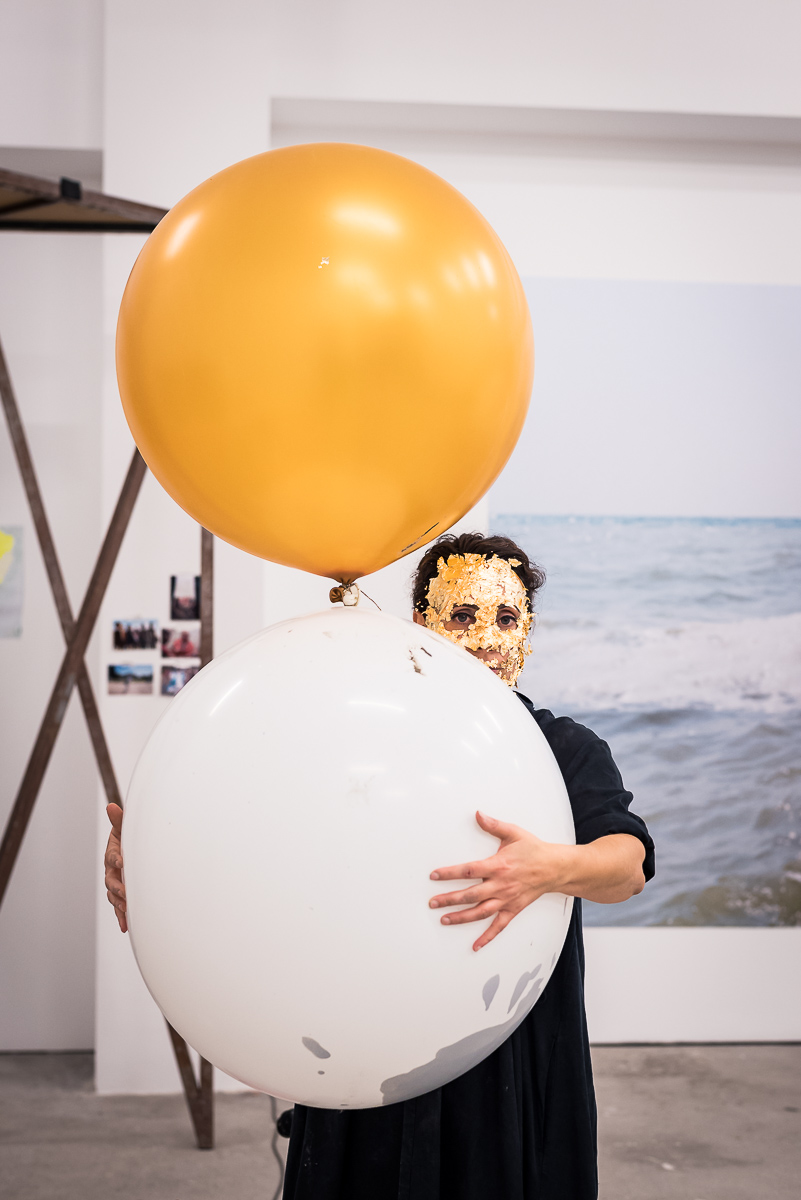
Manifesto do Qi
is assumed to be an eco-political performance
and it is from this position that the explicit reference of the performance
“How to explain pictures to a dead hare”, Joseph Beuys, 1965.